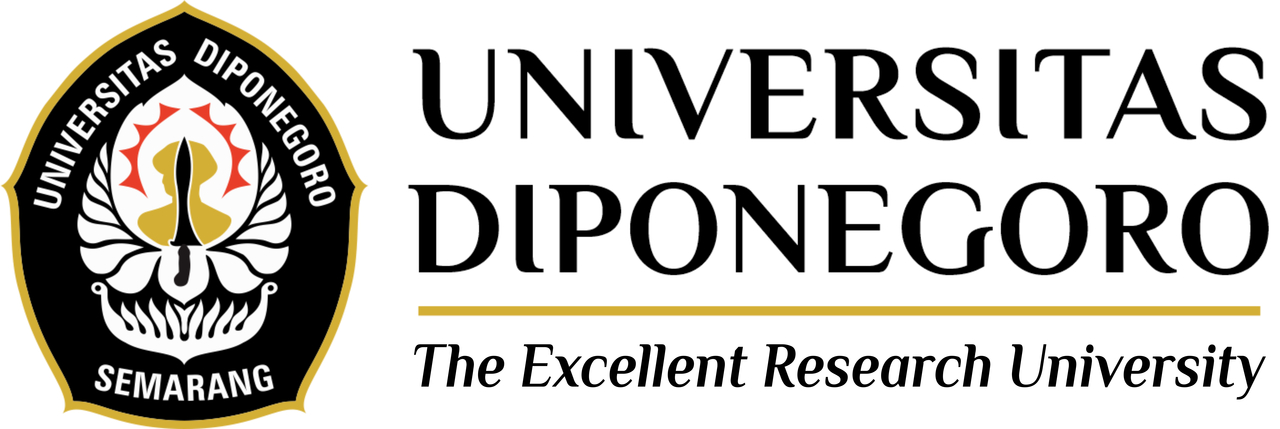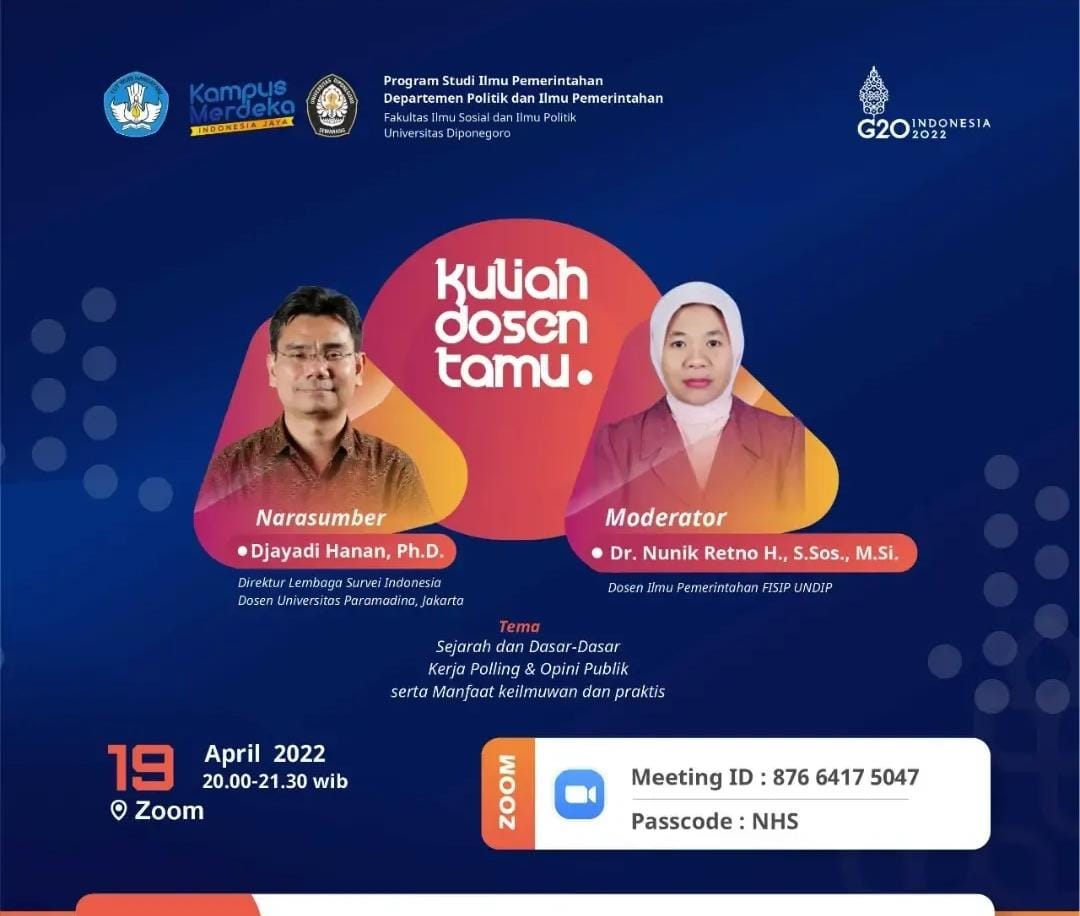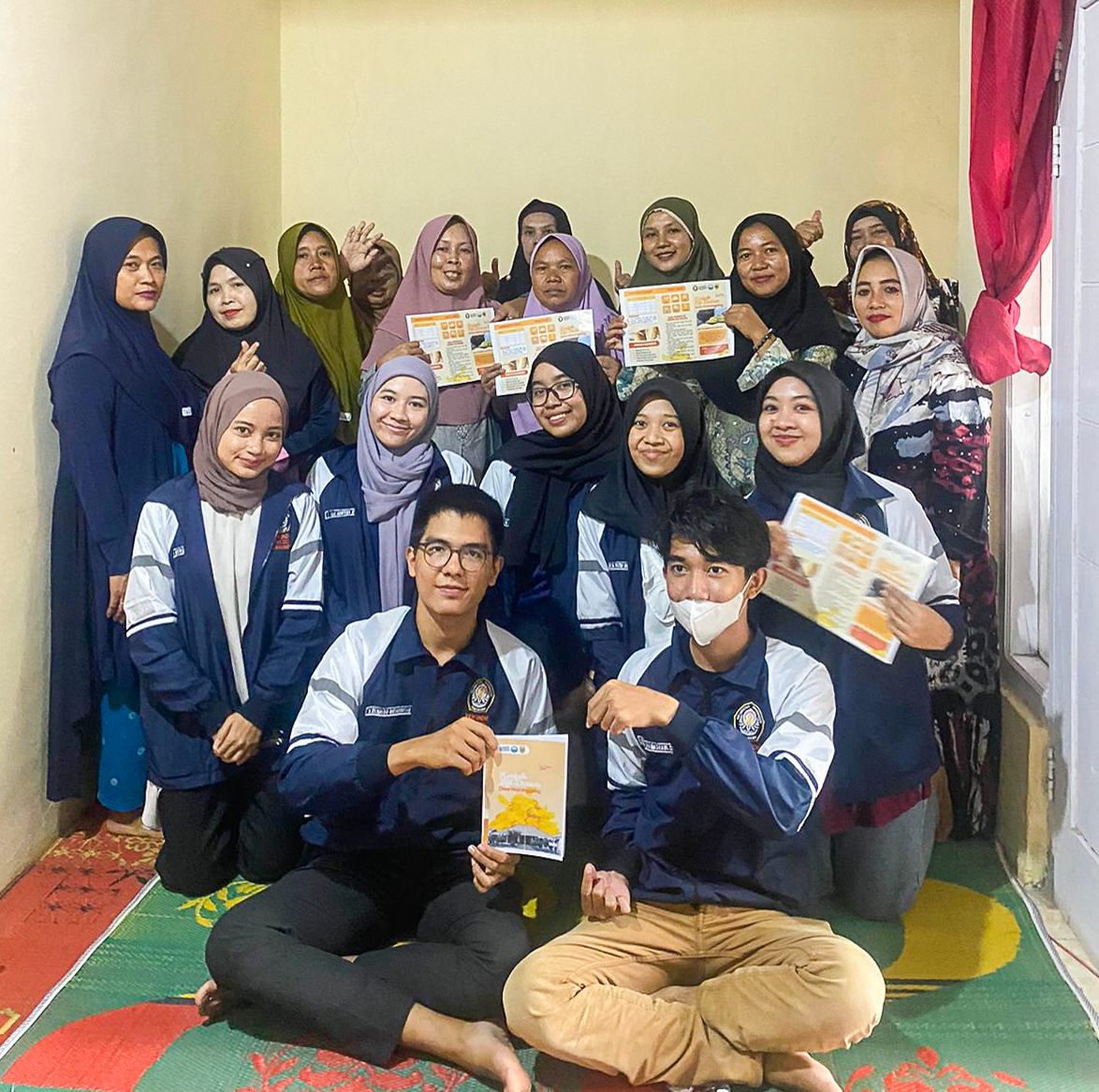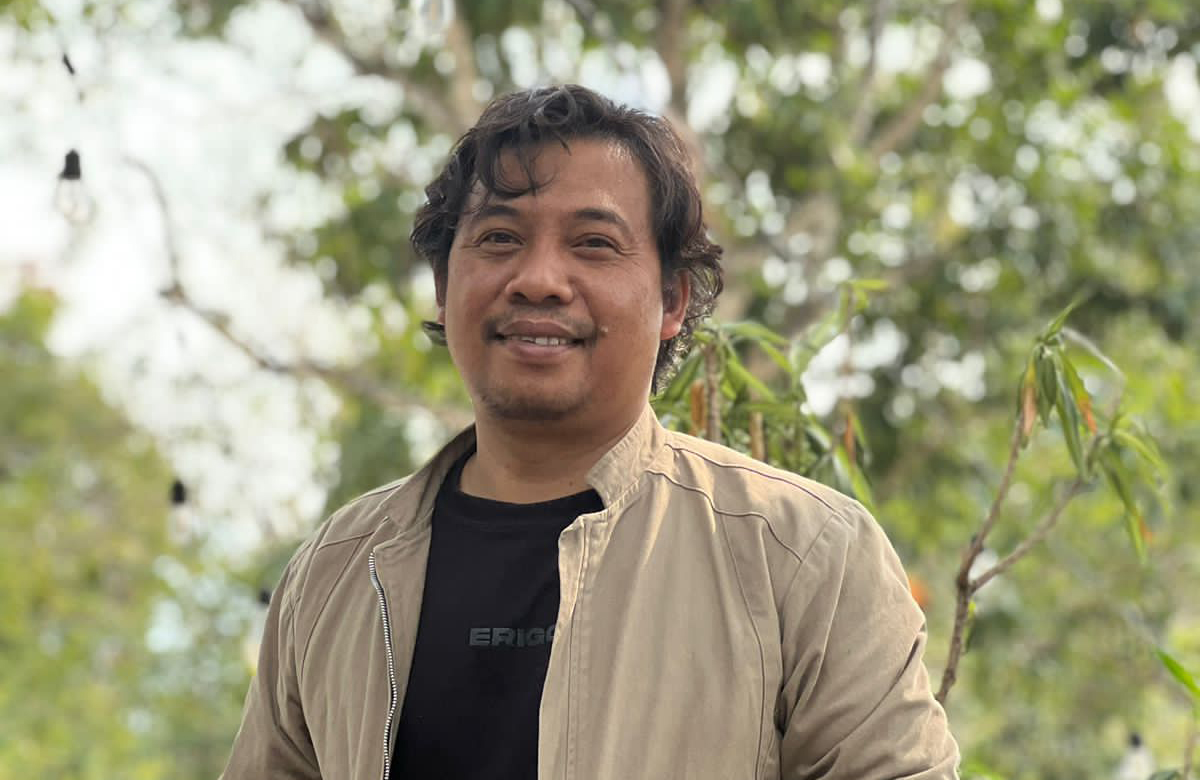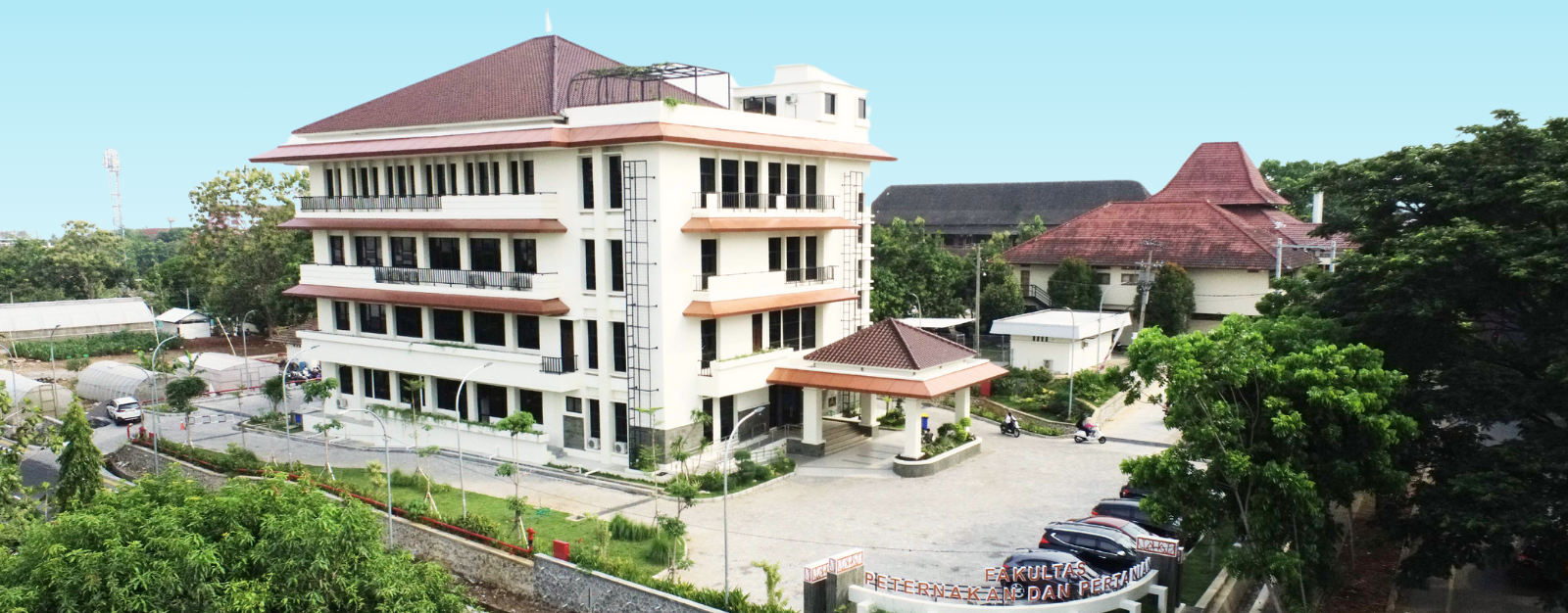Governance Science Study Program, Department of Political and Governance Sciences, Faculty of Social and Political Sciences, Diponegoro University held a Guest Lecturer with the theme “History and Fundamentals of Work and Public Opinion as well as Scientific and Practical Benefits” with Djayadi Hanan Ph.D (Director of the Institute Survey Indonesia / Lecturer at Paramadina University, Jakarta) and moderated by dr. Nunik Retno., S.Sos., M.Si (Lecturer of Governance Science, FISIP Undip), on Thursday (19/4).
In his material, Djayadi Hanan conveyed that public opinion is the reaction or attitude of citizens to current and specific issues and events. “Public opinion needs to be known, the way is to ask the public, by questioning all members of the public or census, asking some members of the public with the assumption that some members of the public have the same opinion as the whole or most of the members of the public, or by polling or surveys. The population is a collection of all elements or objects that are assessed while the sample is part of the population as a basis for concluding the population,” he said.
Furthermore, he said the steps for the survey process were determining the research objectives, determining the target population, selecting the survey mode and design, selecting the sampling frame, selecting the sampling method, making the questionnaire, conducting pre-test questionnaires, recruiting respondents, conducting interviews, processing data, analyzing data, and creating reports. In explaining public opinion, it is necessary to pay attention to what factors influence the public to have a certain opinion. There are three major theories or main explanations, namely sociological, psychological, and rational or rationality or political-economic approach.
The power of public opinion in sociology, humans as social beings will certainly relate to other humans, both as individuals and in groups together with other individuals or groups. (Lin – Public Relations)
